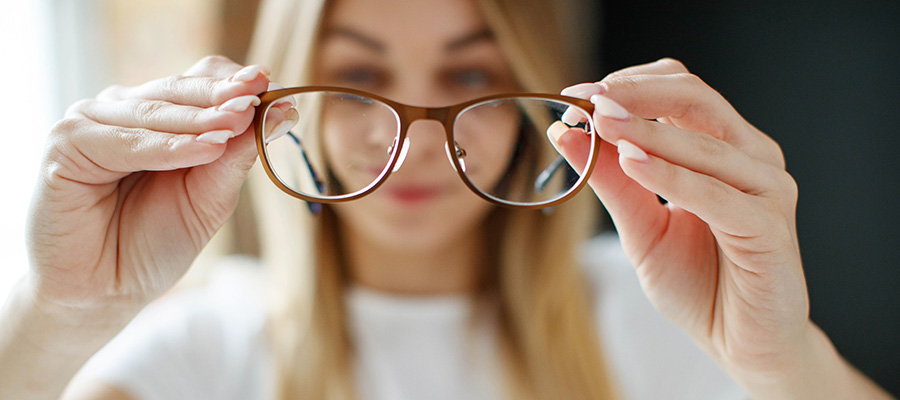


Are you tired of constantly squinting to see? Do you or your child experience headaches, eye strain, or difficulty seeing distant objects clearly? You may have myopia or nearsightedness.
Fortunately, our myopia management services can help you address your eye needs and slow the progression of your condition, reducing the need for increasingly strong prescriptions and protecting your long-term eye health.
Myopia is a common refractive error that causes shortsightedness, meaning that far-away objects appear blurry while close objects are still in focus. This occurs when the eye becomes elongated, or the cornea curves too much, causing light to focus in front of the retina instead of on it. Myopia typically develops in childhood and can worsen until the eye stops growing in early adulthood.
The most common symptom of myopia is blurry vision when looking at distant objects. Other symptoms may include the following:
The exact causes of myopia are unknown, but there are several risk factors that can contribute to developing this condition, such as:
In order to assess if you have myopia, our skilled optometrist will perform a comprehensive eye examination with several tests.
These tests help identify the signs of myopia and the strength of the prescription you will need. In addition, we will look at the shape of your cornea, as this is often a significant indicator of whether you have myopia.
Treatment for myopia ranges depending on the individual patient, but spectacles or contact lenses are the most common. While these options provide clear vision, they don't address the underlying cause.
Other options to help slow or stop the progression of myopia include the following:
Don't wait to seek treatment if you or your child are experiencing nearsightedness. Our experienced optometrists will work with you to determine the best course of treatment based on your individual needs and lifestyle.
Book an appointment to protect your eyes today.